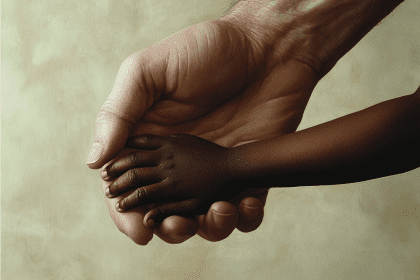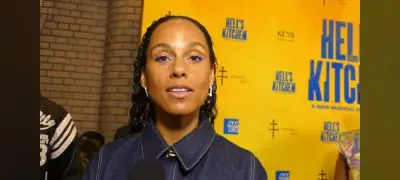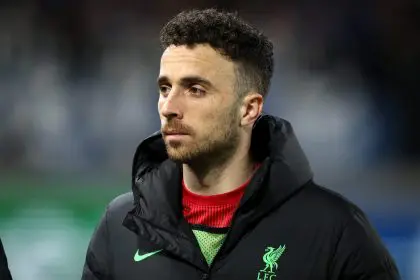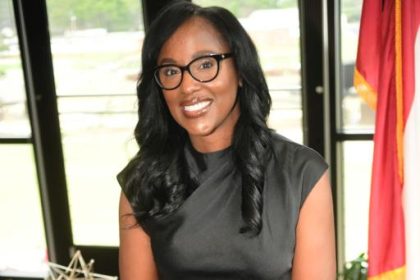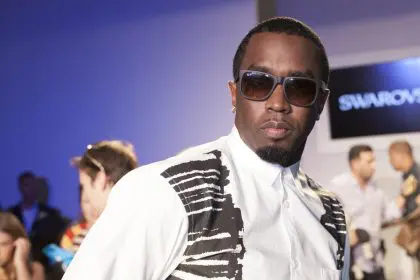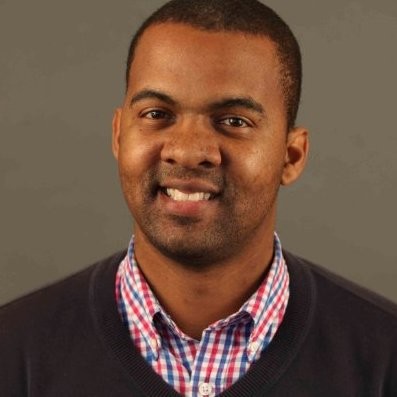
Matt Lawler is the director of digital media for the Global Partnerships division of AEG, the largest sports and entertainment group in the world. Acting as an internal agency for AEG, Global Partnerships oversees worldwide sponsorship sales and activation for over 135 world-class platforms across five continents and numerous other assets, including venues, sports franchises, events, tours, festivals and digital content among other AEG holdings.
Lawler is responsible for the execution of strategic digital media initiatives, including the development and management of digital and social marketing campaigns, engaged communities and engaging partner and fan-generated content. Lawler also concentrates on monetizing digital capabilities and integrating them into the larger Global Partnerships business strategy.
He discusses family life and fatherhood.
What legacy are you leaving for your children and the children of your community?
There are two things we teach our kids. One is compassion for all people despite their circumstances and conditions. The other is focus and determination in all you do. I believe (and my wife supports this) that, at the end of the day, how you treat people is going to be a critical part of your legacy. So we have various things that we do and are involved in that support our education system, financial literacy, affordable housing for all, amongst many things. How we give back to our community is, in many ways, the bedrock of us walking the walk with respect to trying to teach compassion.
How would you describe your Fatherhood culture?
I am the fun one in the house, but I am also the one that will get the most stern when something isn’t happening the way mom and dad need it to. So we have a lot of fun in our house, but we have a lot of teachable moments, and we infuse as much discipline around the fun to ensure that there is an understanding that the fun eventually stops, if only temporarily.
We also are very invested in developing “respect for your elders.” My wife is Korean, and this is something we bonded on early because in both of our cultures, respect for your elders is fundamental. My grandmother is 90 and still driving. She is the example of a strong woman that I want my daughter to model, as well as my wife’s grandmother. So having these people around as much as possible (in addition to or parents, siblings and friends) helps us establish a model for how and why to respect those family pillars.
From a father’s perspective, what two books would you recommend every child read?
Being brutally honest? “The Art of War” by Sun Tzu and “Sh*t my Dad Says” by Justin Halpern.
Why is it important to expose children to education and valuable skills?
I think it’s important to expose children to everything that isn’t a direct detriment to their minds or bodies. Diversity is a trait that’s based on experience, and we’re invested in our children being diverse individuals. We feel like this will be the best way for them to be able to appreciate others and thus become compassionate beings.
As a father and a life coach, describe your playbook.
Listen to your mom and dad. They are the most invested in your personal success. Then develop your own identity as best you can do and you will feel fulfilled.
Which fatherhood experiences have taught you the most about yourself?
Being a father magnifies things about myself that I already saw as weaknesses or potential detriments to my child’s development. I hate schedules. I love candy. I had to develop myself on those two items before I could develop my kids.
What insightful advice would you suggest about building a network?
It’s all about relationships. So be nice to everyone. It’s like the Steve Buscemi character in “Billy Madison.” Billy avoided death because he made amends with someone who turned into a bit of a dangerous person over time. It’s fiction. It’s not.
Why should you read every day?
Two reasons. 1) the mind is a muscle and reading keeps it in shape 2) we still write all of our best ideas, stories, and news down (even digitally), so you have to read if you want to stay relevant.
Name one life lesson that no one taught you, but should have.
No one taught me this, but I hear people say it. “Live every day like it’s your last.”
How important is keeping your word?
For me, it’s everything. It’s also the thing I find the hardest to do because I give my word to different people, and not everyone has the other people’s interests in mind. So I have to be better about prioritization. But if people stop believing that you are going to deliver, they stop trusting you, and when you lose trust, you lose relationships.
When it comes to protecting yourself at all times, physically and mentally, what would you tell your children?
I would say you can’t protect yourself all the time. In life, you have to take risks – physically and mentally, and eventually, those risks will backfire. But in the end, your ability to recover and adjust your attitude based on what happens is going to make you stronger and more protected as you progress. The best you can do is know that eventually harm will come your way and be as prepared as possible to deal with it. There’s obviously more nuances to this (I plan to enroll my kids in karate, for mental discipline as much as self-defense), but the overarching idea is just to be aware and be prepared for scenarios as best you can.
What advice would you give on being responsible for your own dreams?
First, you have to have one. And it has to be clear. People that find their callings in life are very clear about what those callings are. The rest of us are playing in between space until we can sort out exactly what to do. The other part I would advise is that you should always be prepared to have multiple dreams. Because if you achieve your dreams by 20, the rest of your life is going to be pretty disappointing. You have to be able to adapt, and you have to be responsible for having that flexibility to change. You’ll never change who you are, but you should always be ready to change what you’re able to do.
How does following your spiritual values help you in life?
There are things in this world that we can’t describe. And there is a reason that the concept of “faith” extends across religions. Science only takes you so far, and there are so many things that have been achieved on the back of “hope” and “faith.” Religion and spirituality provides a great foundation for this.
Share one of your fondest memories you’ve experienced with your father, grandfather or father figure.
My father died when I was in my 20s, so relatively early. Still, somehow, I feel like I experienced a full life with him, even though he was unable to see me married and meet his grandchildren. The two things I remember the most:
- He coached youth baseball up until I started playing basketball in my pre-teens. He would always host players at our house who were underprivileged or in bad family situations. I remember going to the ball park and being in the dugout and having really cool teenage friends who took me in like family. I was the ball boy, the bat boy, the mascot – but I felt like part of the team. And my dad created that culture as the coach. I thought it was so cool.
- Up until college, we had a typical father-son relationship, where he would be mostly overbearing and strict about things I needed to do. I didn’t understand at the time why I needed to do them, and sometimes that got me a little miffed. When I went away to college (3,000 miles from home), I was on my own and was forced to apply everything that they had been teaching me up to that point. The discipline, the focus, the compassion – all of it had an impact on my success when I was out on my own. I remember after I graduated college, and I landed from my last flight from school (landing back home permanently), he gave me a big hug and told me he loved me. But beyond that, he treated me differently. It was almost like I had reached more equal footing with him. I felt like more of a man, and I think my ability to make it through school and find a job, triggered something in him that changed the way we interacted. Our conversations about politics changed, about sports, about business – I found it much easier to talk to him then it had been historically. Those moments made it easier for me to deal with his passing, because I felt like I had received his approval as a man. Which, in the end, is all we really want from our dad.
Why is writing down your fatherhood goals for life so important? Share your most valued and treasured fatherhood goal.
I don’t write down my life goals. I just have them memorized, so I think I’m exempt from this question. But my fatherhood goal is to have deep relationships with my grandchildren, through their parents. If I can do that, and my kids have turned out to be kind humans, I think I’ll be ok.



